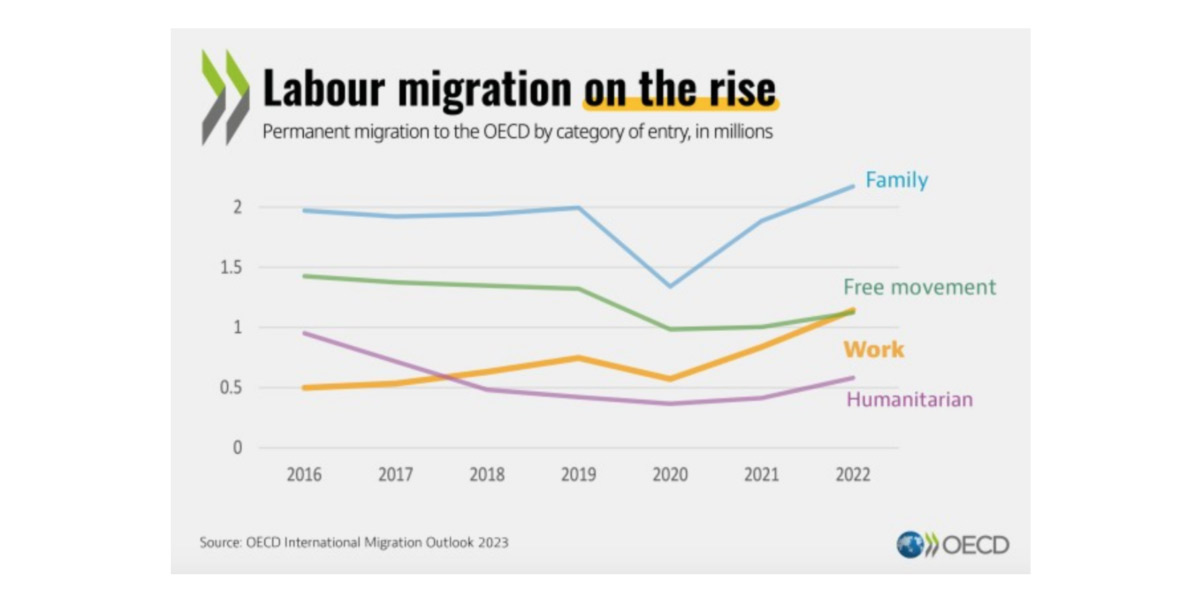Rising childlessness in Korea: marriage postponement and rising education
Childlessness in Korea is rising due to delayed marriage, increasing singleness and a growing share of childless unions. Misun Lee and Kryštof Zeman show that while more years in education ... Read more
Education and the timing of family formation: a quantile regression analysis
Early union formation and motherhood are frequently observed in low- and middle-income countries, where heterogeneity in the timing of family formation is also high. Using Demographic and Health Surveys for ... Read more
On the move. The new reality for China’s migrant children
Massive internal migration in China has transformed the landscape of childhood for millions. Analyzing census data from 2000 to 2020, Mengyao Cheng, Yu Chen, Lidan Lyu, and Yu Bai find ... Read more
Introducing child benefits in pension systems: rationale, pros and cons
Child benefits are never explicitly included in pension systems, although mothers often receive other forms of compensation, such as provisions for earlier retirement or higher pensions. There are good reasons ... Read more
Threshold ages and automatic adjustment mechanisms in PAYGO pension systems
Pay-as-you-go (PAYGO) pension systems are problematic: commitments are meant to be long term, but reality changes rapidly, which forces a frequent revision of rules. Gustavo De Santis suggests an alternative ... Read more
Unilateral divorce legislation supported the rise in educational homogamy in the US
The introduction of unilateral divorce legislation in the US in the 1970s and 1980s, which led to spikes in divorce rates, coincided with rising educational assortative matching into marriage. Geghetsik ... Read more
Did you know?
Permanent migration to OECD countries reached 6.1 million in 2022, a 26% increase compared with 2021, and its highest level since at least 2005. Rising labour migration was one contributing factor, as migrant workers have helped lower labour and skills shortages in OECD countries.
About N-IUSSP
N-IUSSP is a new IUSSP news magazine, which will disseminate scientific findings from demographic research carried out all over the world. The practical implications of current trends, the risks and potentialities of emerging situations, the pros and cons of specific laws are discussed in rigorous but plain language.
You are invited to contribute to this new publication: please check our guidelines and submit your 1000 word contribution to contact@niussp.org






